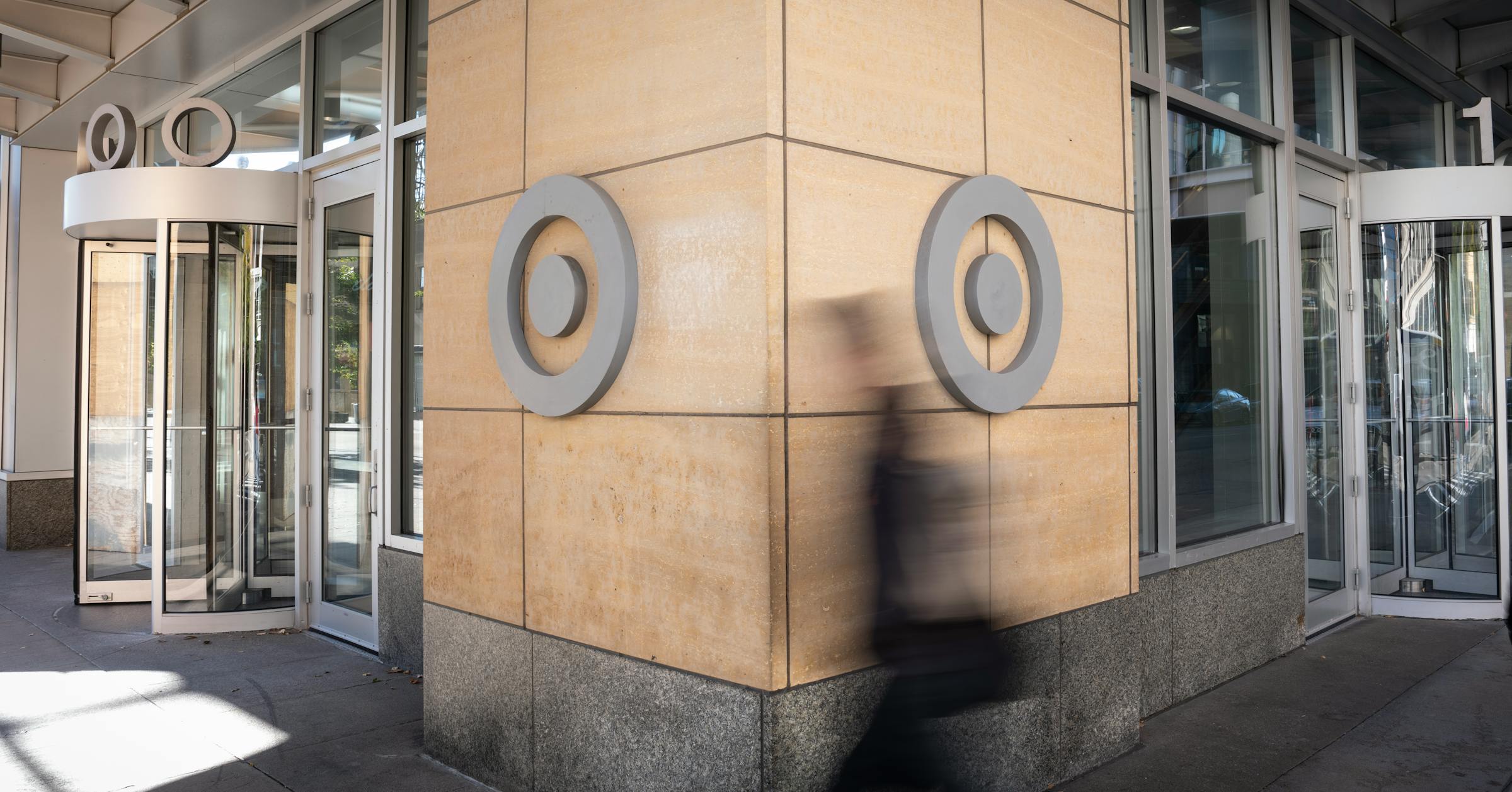Copyright Star Tribune

Target Corp., a cornerstone employer in downtown Minneapolis, eliminated 1,800 positions companywide last week, including 815 employees who were laid off in the Twin Cities. It was another blow to an already abysmal job market and to ongoing efforts to revitalize downtown. As a partial Minnesotan, I’ve always shared in the state’s pride for our homegrown corporation. My first summer job as a teenager was a cashier at a Target close enough to bike to. I had a cute co-worker boyfriend and was told I had “the gift of gab” with customers in my collared red top and khaki skirt. In my 20s, I freelanced in the photo studio, meticulously preparing products for e-commerce and in the prop house, a funhouse warehouse for stylists to pull products to create interior settings. We watched Target grow from a few local stores into a national brand. Target stayed affordable and convenient but stood out for its “cool factor,” stocking brands with cachet and collaborating with designers like the Jungalow, Anna Sui, Marimekko, Jason Wu and Phillip Lim to achieve high-low style. With upper-echelon brand label types in New York and Los Angeles, my response of “It’s from Target!” following compliments on my wardrobe puffed up my sense that the retailer offered a discerning eye in any situation that contributed to style, and that there was extra credit for not needing to spend too much to achieve it. In addition to affordability and accessible design, Target pride was about culture and values. The company’s inclusivity, community-mindedness and ease in shaking off trolls who didn’t like rainbow merch in June kept us supportive. Loyal Target shoppers shared the inside joke of the “just one thing” experience: walking in for toothpaste and leaving with a full cart, and not regretting a single purchase. We felt good spending money there because we believed it was one of the good ones. Of all corporations, we believed Target had soul. Our full carts mirrored our values. After George Floyd’s murder, CEO Brian Cornell pledged to do more for Black Americans. He promised to increase Black employee representation by 20%, spend more than $2 billion with Black-owned businesses and support Black-led startups through Target Accelerators. By 2021, comparable sales had grown 12.7% on top of record 2020 growth, and the company’s market value hit $129 billion. Target was thriving by leading with values. Those same loyal shoppers halted their spending to boycott. Even the founders’ daughters called it a “betrayal.” The impact was immediate: Sales and the stock plummeted. Boycotters hailed it as a victory and as a direct consequence of abandoning DEI. And Cornell announced he would step down next year and train a new CEO. Incoming CEO Michael Fiddelke has not said much about the DEI rollbacks. His public statements so far have been operational and vapid — things like making Target “easier to shop and simpler to run.” Huh? Bro, are you clueless or in the wannabe-king cult? If growth is a “top priority,” Fiddelke shouldn’t ignore the very issue causing the decline. I love the title of the Forbes piece “The Quiet Part Out Loud: Target Ditching DEI Cost The CEO His Job And Investors $12 Billion.” Analysts kept mulling over operational strategy while missing the forest for the trees. Yet here we are again with the recent layoffs analyses. The forest: Target betrayed its devoted customers, and they took their dollars elsewhere, resulting in mass layoffs. Did the loyal base want layoffs? Absolutely not — it’s awful, and it was preventable. Target had an opportunity to fix this. When Cornell said he would down, Fiddelke could have said: “We made a mistake. We hear you. DEI has always been integral to our company and it will continue to be.” He didn’t, customers continued to go elsewhere, and now hundreds of people are jobless. Target, you still have a chance to make this right. Regrow your spine. Recommit to diversity, equity and inclusion in principle and in operations. Otherwise, your growth strategies will be fruitless, and Minnesotans will be all the more harmed. PETE MAROVICH/The New York Times The ABA is the voice of the U.S. legal profession on behalf of the rule of law. The U.S. needs legal help to stay in the community of civil nations.



